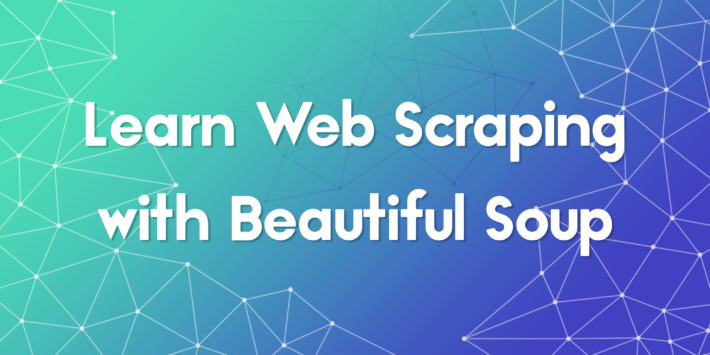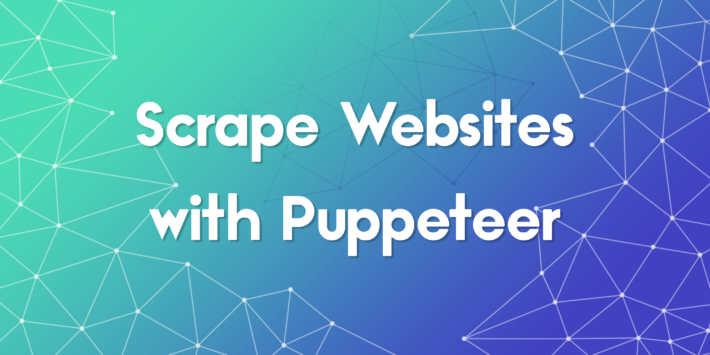Top Languages for Web Scraping in 2025
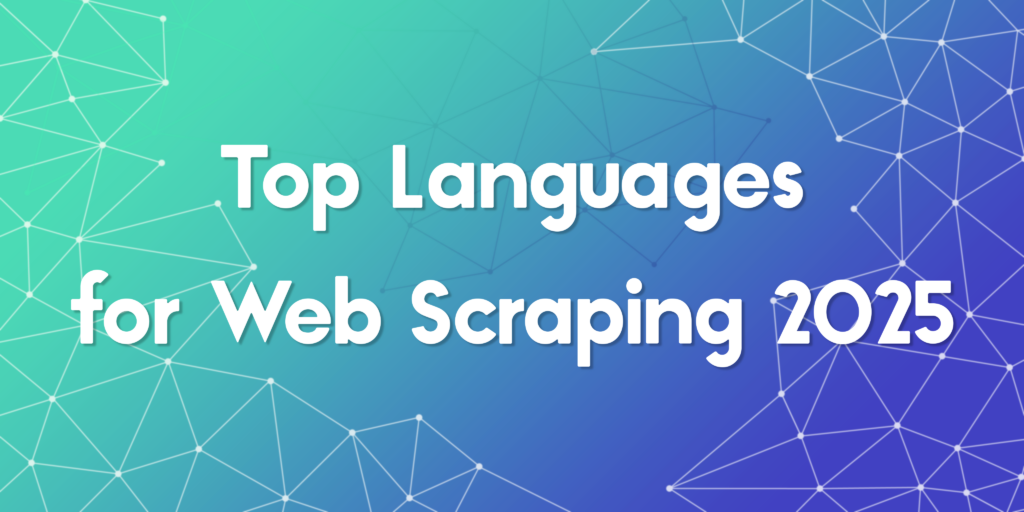
Web scraping continues to be a critical technique for businesses, researchers, and developers who want to gather structured data from the web. In 2025, the demand for reliable scraping tools has only grown, and the choice of programming language makes a big difference in success. This article explores the top languages for web scraping, focusing on their features, real-world use cases, and what sets each apart. Whether you’re collecting pricing data, monitoring reviews, or training machine learning models, choosing the right language can streamline your project and save hours of effort.
1️⃣ Python: The King of Web Scraping
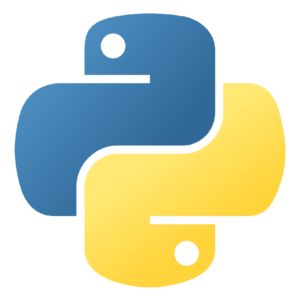
Python has long been the go-to language for web scraping. Introduced in the early 1990s, Python grew in popularity because of its simplicity and large library ecosystem.
- Popular libraries include BeautifulSoup, Scrapy, and Selenium
- Supports both static and dynamic content scraping
- Huge community and thousands of tutorials available
Python stands out for its readability and ease of use. With just a few lines of code, developers can extract structured data from HTML pages or interact with APIs. Companies like Amazon and Zillow rely heavily on Python internally for scraping and automation. Thanks to its strong support for data processing and analysis via Pandas and NumPy, Python also makes it easy to transform scraped data into actionable insights.
Use case: A job board aggregator uses Python and Scrapy to gather job listings across 100+ career websites daily, enabling real-time job tracking and alerts.
2️⃣ JavaScript: The Browser Native
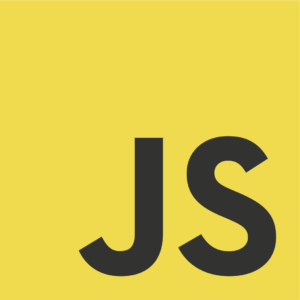
JavaScript powers the majority of websites today, making it a natural choice for scraping complex, dynamic content. Originally developed in 1995, it runs natively in the browser and can manipulate the DOM effectively.
- Headless browser tools like Puppeteer and Playwright excel at rendering JavaScript-heavy sites
- Can be used both on the front end and server side with Node.js
- Ideal for scraping Single Page Applications (SPAs)
JavaScript excels when dealing with modern web apps that rely heavily on asynchronous requests. Its compatibility with browser automation frameworks means you can scrape exactly what a user would see. In 2025, many developers rely on Playwright with Node.js for scalable scraping solutions across retail and social media sites.
Use case: A competitor pricing monitor uses Playwright in JavaScript to load eCommerce pages and extract pricing, stock levels, and discounts across multiple currencies.
3️⃣ Ruby: The Agile Scraper

Ruby, launched in the mid-1990s, emphasizes developer happiness and simplicity. Though not as mainstream for scraping as Python or JavaScript, Ruby still offers robust scraping tools.
- Libraries like Nokogiri and Mechanize make HTML parsing straightforward
- Clean syntax promotes fast development cycles
- Community known for quick prototyping and productivity
Ruby’s approachability makes it suitable for rapid data gathering tasks. Many startups use Ruby for scraping news, legal documents, or social trends as part of MVP development. In 2025, Ruby remains a favorite among agile teams focused on delivering fast, testable scraping workflows.
Use case: A legal tech company uses Ruby and Nokogiri to pull court decisions from dozens of public sources and analyze trends in litigation outcomes.
4️⃣ PHP: The Server-Side Staple
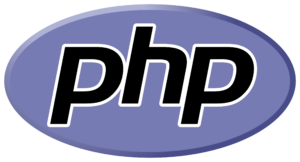
PHP has powered the backend of the web since the mid-1990s. Despite shifting trends, it remains widely used for web tasks, including scraping.
- Built-in cURL support makes HTTP requests easy
- Libraries like Goutte offer full scraping frameworks
- Often integrated directly into CMS systems like WordPress
For those managing websites built on PHP, it makes sense to use the same language for scraping. Whether it’s pulling external reviews or populating internal dashboards, PHP can accomplish web scraping with minimal dependencies.
Use case: A local news portal uses PHP and Goutte to import headlines from international news feeds and populate their homepage automatically.
5️⃣ C++: The Performance Powerhouse
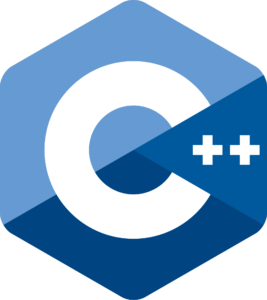
C++ is one of the oldest programming languages still in active use. While not commonly associated with web scraping due to its complexity, it shines in speed-critical applications.
- Offers full control over memory and system resources
- Can be integrated with browser emulation tools for dynamic content
- Best suited for scraping tasks embedded in larger applications
In 2025, enterprise applications requiring ultra-fast data extraction—like real-time trading tools—still use C++ for scraping. Its low-level capabilities enable millisecond-level performance in environments where latency is critical.
Use case: A trading platform uses C++ to scrape and process real-time financial indicators from various stock exchange APIs with minimal delay.
6️⃣ Java: The Enterprise Standard
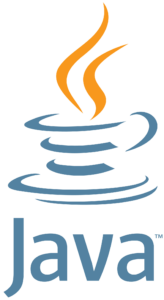
Java remains a top choice for large-scale backend systems. Since its introduction in 1995, Java has evolved with strong support for multithreading and stability.
- Popular libraries include HtmlUnit and Jsoup
- Works well with enterprise ecosystems like Spring and Hadoop
- Excellent for scalable scraping tasks with strict performance guarantees
Many banking and insurance firms continue to use Java for their scraping and ETL needs. Java is especially useful when web scraping is part of a larger data pipeline or enterprise workflow. Its JVM-based ecosystem allows for deep integrations with security, logging, and data storage tools.
Use case: A government analytics firm uses Java and Jsoup to gather and parse public procurement data across multiple national websites for fraud detection models.
Comparison of the Top Languages for Web Scraping
- Browser Support: JavaScript (via Puppeteer) leads for dynamic content. Python (Selenium) and Java (HtmlUnit) follow closely.
- Ecosystem: Python offers the richest ecosystem of scraping tools. Java has strong enterprise integrations. JavaScript excels for browser-native operations.
- Language Support: Python and JavaScript have vast community tutorials and libraries. Ruby and PHP are more niche but still well-supported. C++ is powerful but requires deep knowledge.
- Setup Complexity: Python and Ruby are easiest to set up. Java and C++ require more infrastructure and dependency management.
- Speed: C++ is the fastest. Java and Python perform well for most needs. JavaScript is slower due to headless browser overhead but best for rendering pages.
- Community: Python has a massive scraping-focused community. JavaScript and Java follow with strong technical forums and GitHub activity.
Practical Tips for Successful Web Scraping
- Choose the language that aligns with your existing stack and scraping goals
- Use headless browsers like Playwright or Selenium when working with JavaScript-heavy pages
- Incorporate time delays and user-agent rotation to avoid blocks
- Always respect website terms of service and robots.txt rules
- Store scraped data securely and back it up regularly
Why the Right Language Matters for Web Scraping in 2025
With modern websites becoming more dynamic and protected, selecting one of the top languages for web scraping is more important than ever. In 2025, developers have access to a rich variety of tools across languages like Python, JavaScript, Ruby, PHP, C++, and Java. Each has its strengths, and your choice should reflect your technical comfort, the website’s complexity, and the scale of your project.
Whether you’re just starting or refining an existing data pipeline, the language you choose influences everything from development speed to maintenance overhead. Mastering the right stack opens the door to more effective, accurate, and scalable scraping efforts in this data-driven era.
